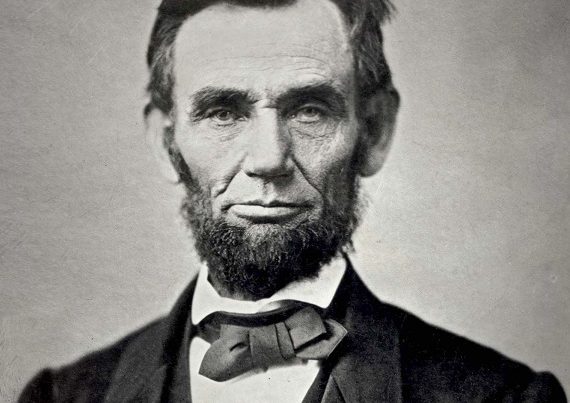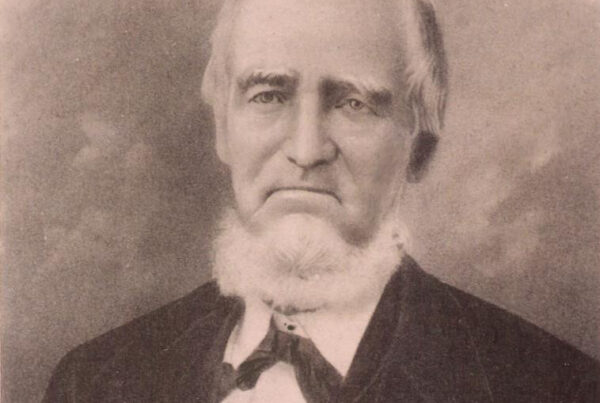Last Train to Dixie by Jack Trotter. Shotwell Publishing, 2021
It is a fact that usually, if not always, the most important books receive little attention or appreciation when they first appear.
There are several reasons for this. American publishing is a commercial entertainment enterprise not intended for knowledge or thought. Publishers, “peer reviewers,” critics, and standard shallow “scholars,” are ideological. When they turn their attention to serious thought, they become representatives of the Yankee impossible goal of making the world as they think it ought to be, rather than understanding it as it really is.
Of course, readers of serious books are a small minority, and it takes time for them to find the most important new works and appreciate their value. The problem is even greater with Southern works that are outside the mainstream American culture and perhaps have fewer serious readers.
Jack Trotter’s fourteen articles in Last Train to Dixie should eventually be recognised as the deepest and most perceptive view of Southern society in our time. He captures our people in a period of critical transition with extraordinary insight. Southern identity, what is it, its many facets, how it is threatened, and how may we keep it alive?
I don’t want to suggest that Trotter gives us polemical exposition. Rather, he tells stories of real Southerners in the real situations that try our souls today. We are a story-telling people. Stories, not expositions or arguments, are guides to truth in the deepest and most important matters. Like the Incarnation, as our late friend Tom Landess pointed out.
Trotter’s stories are presented with lively realism and flashes of humour. A book to return to time and again to savour.
Perhaps I am too optimistic. We live in a time that is pictorial and fast-moving. To the rising generation books are alien objects and efforts at serious contemplation of the real are unfathomable and uninteresting. There are probably fewer serious readers today that in the previous three or four centuries. Yet Jeffersonianism, Calhoun, the Agrarians, Richard Weaver, and Mel Bradford are still with us and forming the minds of intelligent and earnest young people. I know. I have seen it. That will be the case with Jack Trotter as well.







“There are probably fewer serious readers today that in the previous three or four centuries.”
When I was a boy my mother introduced my brother and me early to the public library (Jackson, Miss.). The library allowed you to check out 4 books per two-week period. You could renew or pay a 2 cents a day fine.
Her complaint (she was born in 1917) was that they (the library) only allowed you to check out 4 at a time. She probably could have checked out 8 at a time and never have had to pay any fine.
Today I would bet that most people don’t read 4 books in a decade (and that is just for the few who can read).
And there are still people who insist WE need a Department of Education. So far, whom have they educated?
I spend too much time reading articles online.
I have 20 books in my library I have yet to even crack. This site alone occupies at least an hour a day…
But a book is so different. It is continuous and focused inquiry.
The witten word iws the greatest invention of manknd.
Of course, don’t leave out The Book. Arguably the greatest Bible teacher of the latter part of the 20th century (from the early eighties) into this century, a man born and raised in Alabama, said matter of factly, but in utmost seriousness, that the Christian should be able to read the Bible through twice a year.